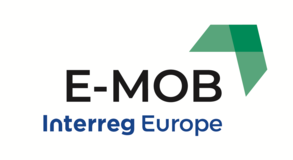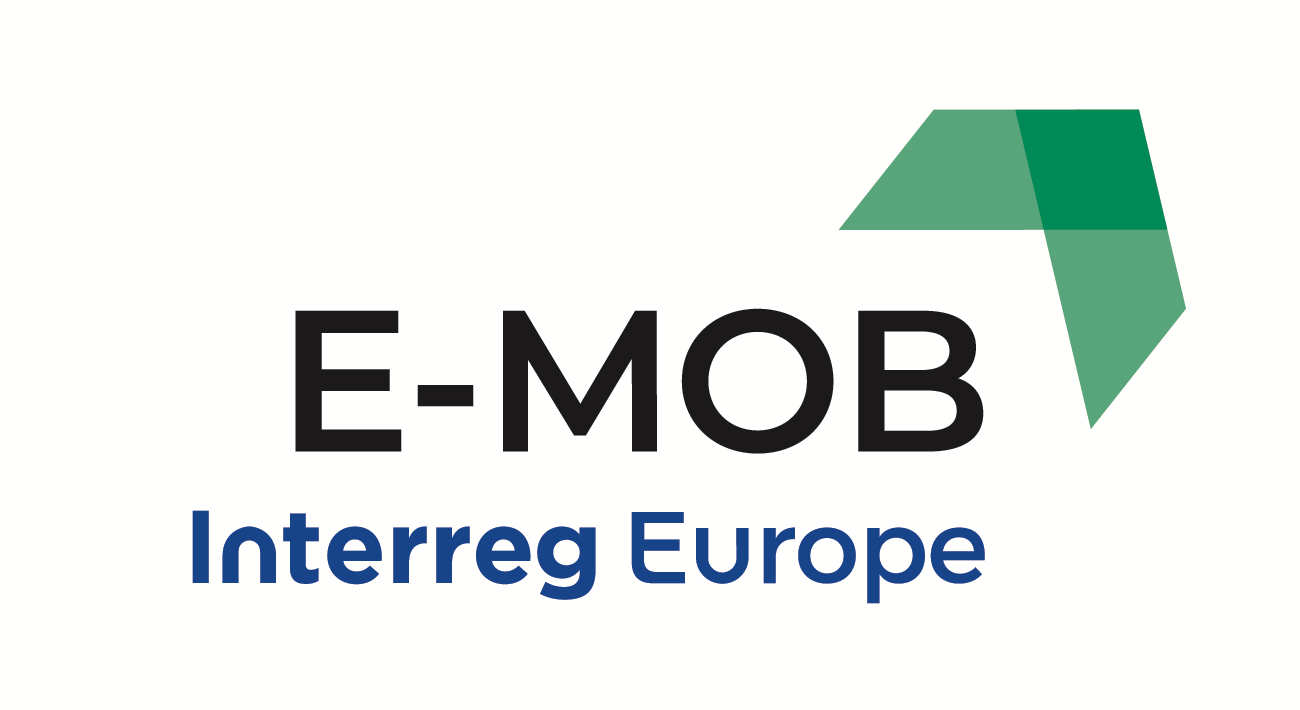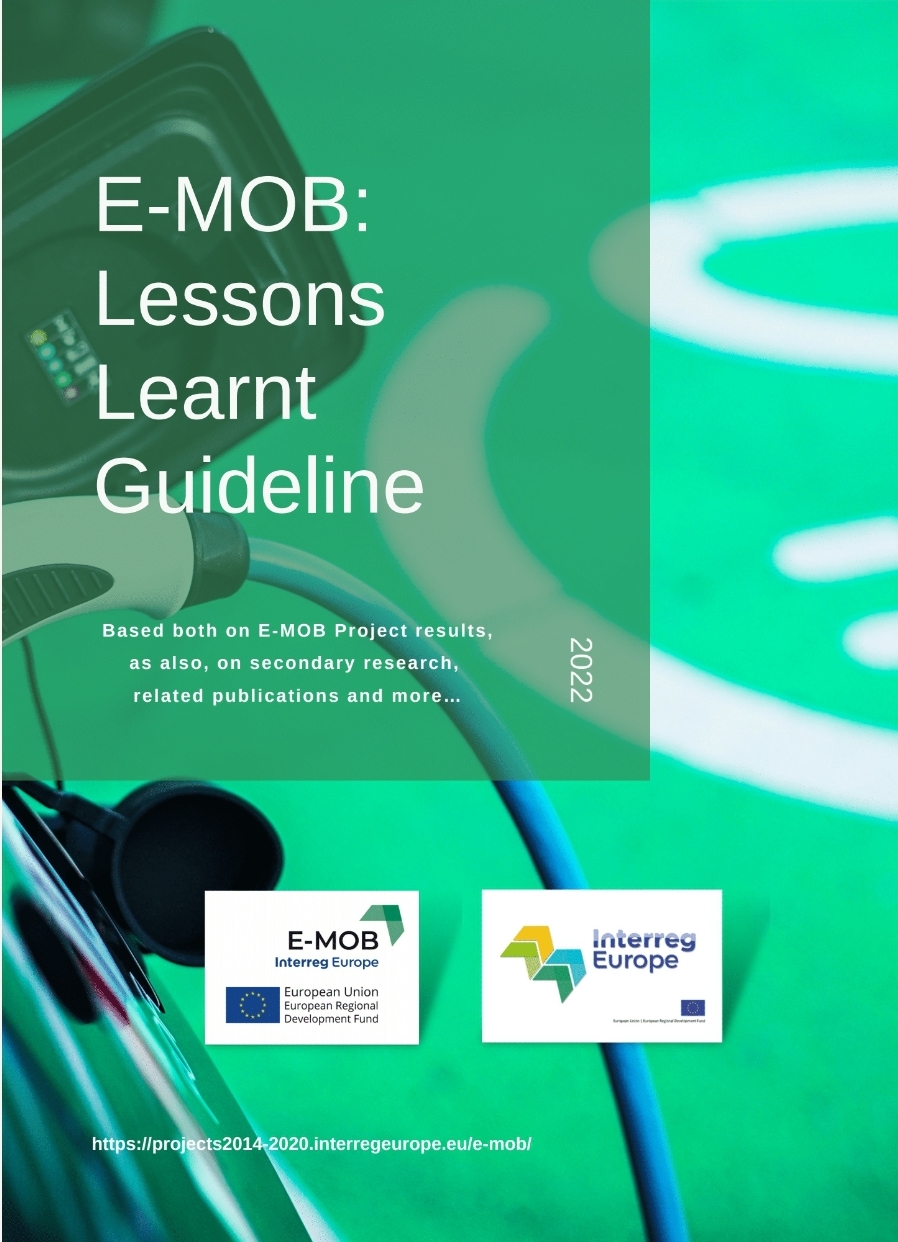To introduce each of the E-MOB partners, we have created a short interview in which, through 11 questions, we try to introduce to you each partner. The first partner we introduce is Greece.
1. Tell us something about this institution or company. What does it deal with, what are its values, how many employees do you have, etc.?
The University of Western Macedonia (UoWM) Greece consists of several departments scattered in the Western Macedonia Region. It is the 8th biggest University in Greece, numbering almost 15,000 students and more than 300 teaching personnel. It has a constant active presence and influence at the Western Macedonia Regional policies, by establishing technical cooperation with the business community and the authorities and by organizing conferences and seminars.
The Electrical and Computer Engineering dept of UoWM will play an active role in this project. The department is an expert in European projects in the field of the green economy, smart electricity grids and electromobility, also recently acting as a consultant of the Regional Authorities on these fields, through relevant Interreg Europe projects, such as Financial Instruments for Energy Renovation Policies, Supporting eco-innovation in SMEs and through application projects on integration of electromobility into urban transport.
2. Why did your company decide to get involved in the E-MOB project?
The UoWM has a long experience and an interest in electromobility. It all started in 2014 when it was the first regional entity that acquired and used electric vehicles for its personnel mobility needs (two EVs, one e-Scooter, and one e-bike) through EU projects. Simultaneously, one EV charging station was installed in the campus, whereas after a few months UOWM built its own electric charging stations. In 2016, UoWM supports the main regional municipality of Kozani to build its own Renewable Energy Sources RES-based charging station for its three electric vehicles (e-Golfs). Finally, in 2019 it is the lead partner of the Interreg project Green Inter-e-mobility, which aims in building four RES-based charging stations at four municipalities in Greece and the Republic of North Macedonia and 8 EVs (mini-busses and cars) for the urban transport needs.
3. Have you participated in any project related to the electromobility in the past?
- Green E-motion project as stakeholder and EV user,
- RES-based charging station of the municipality of Kozani for three e-Golfs,
- Interreg IPA Cross-Border project Green Inter-e-mobility

4. What are your expectations from the E-MOB project?
To assist the region of Western Macedonia to enhance its EV charging stations capacity and the EVs integration into urban transport.
5. What is the situation in your country with the topic of the electromobility?
The most initiatives in electromobility in Greece come from EU-funded projects and are pilot sites. These pilot projects have not secured their sustainability after the projects' end. One bottleneck towards the integration of EVs in the public or private transportation sector is the absence of charging stations in the country. Also, the high cost of purchasing an EV is still a big obstacle for citizens to get their own EVs.
6. What challenges do you face with the development of electromobility in your country?
The legal framework of electromobility is still under development with many undefined issues, such as the technical control of vehicles that are transformed from oil-fueled to electric, the charging stations licensing for private use, etc. Moreover, there are very few installed charging stations, the cost of the new EVs is very high whereas their availability and maintenance are limited in the market. Finally, the integration of EVs in urban transport is applied only for pilot purposes.
7. According to you, what is the biggest challenge in developing electromobility? Is it batteries for vehicles, disposal of used batteries, lack of resources for battery production?
It is the lack of standardization of battery's size, charging, and disposal for all EVs.
8. Do you think society is ready to use electric vehicles?
Yes, it is, if the EVs and their charging stations are made available and cost-effective.
9. Do you think that fossil fuel vehicles will be replaced by electric vehicles in the future?
Yes, for sure.
10. Mobility has been reduced in many countries due to the COVID - 19. What is the situation in your country? How do you fight the COVID - 19 virus?
In Greece, the COVID-19 issue is dealt very effectively by the central government and the citizens as well, minimizing the deaths and avoiding the big burden of the health system.
11. What is your vision of the city in the future in terms of the use of electric vehicles in urban mobility?
Urban mobility should integrate EVs and gradually replace all the fleet with EV busses since they will contribute to less emissions in cities and less fuel cost for transport.






